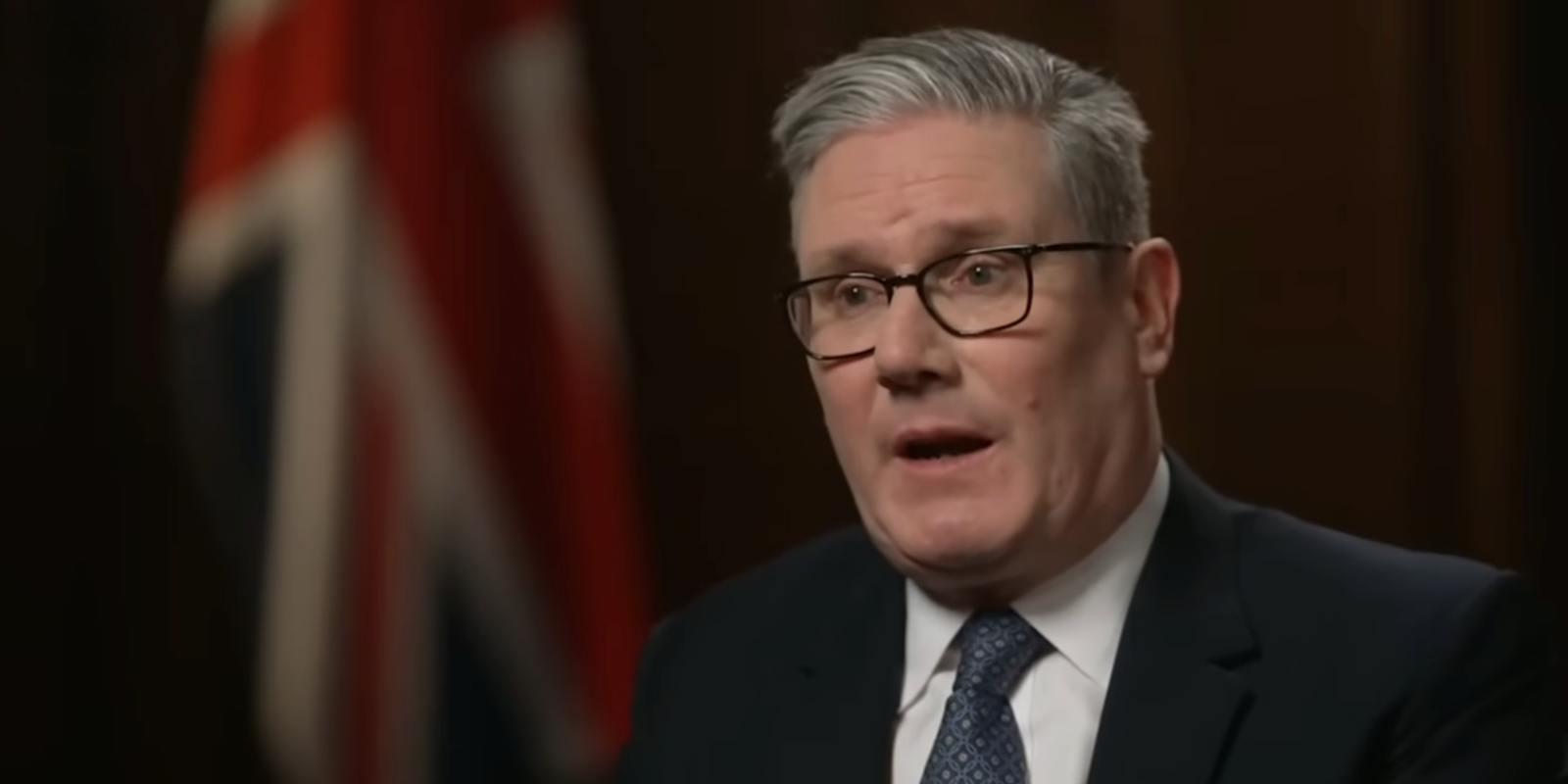This article was originally published by FrontPage Magazine.
Is Abu Bakr al-Baghdadi, the self-styled “caliph” of the Islamic State, injured or dead, as some in the media are eagerly speculating?
Better question: does it really matter?
For almost a decade now, every time an Islamic jihadi leader is killed, the Western mainstream media exult, portraying the death as a major blow to the jihad. And, for almost a decade now, I have responded by posting an article that I first wrote in 2006 for Victor Davis Hanson’s website, Private Papers.
Although I changed the names of the jihadi leaders killed to suit the occasion—first Abu Mus‘ab al-Zarqawi, then Abu Laith al-Libi, then Abu Omar al-Baghdadi and Abu Ayub al-Misri, and finally Osama bin Laden—my conclusion has remained the same:
The West’s plight vis-à-vis radical Islam is therefore akin to Hercules’ epic encounter with the multi-headed Hydra-monster. Every time the mythical strongman lopped off one of the monster’s heads, two new ones grew in its place. To slay the beast once and for all, Hercules learned to cauterize the stumps with fire, thereby preventing any more heads from sprouting out.
Similarly while the West continues to lop off monster heads like figurehead Zarqawi [or bin Laden, al-Baghdadi, etc.] it is imperative to treat the malady — radical Islam—in order to ultimately prevail. Victory can only come when the violent ideologies of radical Islam are cauterized with fire.
But alas, the Hydra-monster is myth, while radical Islam is stark reality.
Eight years later, this “stark reality” has manifested itself into a head-chopping, infidel-crucifying, mass-murdering, female-enslaving Islamic State.
And yet, in the previous years, proclamations of “victory” were habitually made by media and politicians whenever a top jihadi was killed.
Recall all the exultation that took place in 2006 after al-Zarqawi—the forefather of the Islamic State, or “Al-Qaeda Second Generation”—was killed. Then, almost every major politician, including President Bush, Prime Minister Blair, and Iraq’s Prime Minister Maliki, gave some sort of victory speech. The New York Times called his death a “major watershed in the war.”
Similarly, in 2008, after Abu Laith al-Libi was killed, Congressman Peter Hoekstraissued a statement saying that his death “clearly will have an impact on the radical jihadist movement.”
More myopic triumphalism was in the air after Abu Omar al-Baghdadi and Abu Ayub al-Masri were killed in 2010 during a joint U.S.-Iraqi operation. Then, U.S. Vice-President Joe Biden said the “deaths are potentially devastating blows to al-Qaeda in Iraq [the original name of the Islamic State],” adding “This operation is evidence in my view, that the future of Iraq will not be shaped by those who would seek to destroy that country”—an assertion that has now proven woefully wrong.
Similarly, U.S. commander Gen. Raymond Odierno asserted that “The death of these terrorists is potentially the most significant blow to al-Qaeda in Iraq since the beginning of the insurgency,” adding that it would be “very difficult” for the al Qaeda network to replace the two men.
And who could forget all the media triumphalism, if not hysteria, surrounding the 2011 death of Osama bin Laden? Then, CNN security analyst Peter Bergen declared that “Killing bin Laden is the end of the war on terror. We can just sort of announce that right now.” Insisting that the “iconic nature of bin Laden’s persona” cannot be replaced, Bergen further suggested that “It’s time to move on.”
Another CNN analyst, Fareed Zakaria, assured us that “this is a huge, devastating blow to al-Qaeda, which had already been crippled by the Arab Spring. It is not an exaggeration to say that this is the end of al-Qaeda in any meaningful sense of the word.”
In retrospect, surely all these assertions and assurances have proven to be immensely puerile—even for mainstream media “analysts.”
To recap, for years, U.S. leadership and its media mouthpiece so misled Americans about the status of al-Qaeda (code name for the amorphous jihad)—thus directly contributing to the rise of the Islamic State: we were repeatedly told that al-Qaeda was suffering “devastating blows”; that the killing of individual jihadis were “major watersheds in the war”; that “the end of the war on terror” occurred in 2011, when bin Laden died (“it’s time to move on,” counseled Peter Bergen); and “that the future of Iraq will not be shaped by those who would seek to destroy that country,” according to Biden.
Yet, lo and behold: an Islamic State, a caliphate engaged in the worst atrocities of the 21st century, has been born—despite the deaths of Zarqawi, bin Laden, et. al.
When it comes to the significance of the killing of this or that jihadi leader, the best prediction I have ever read—a prediction that has proven too true—comes not from U.S. politicians, “experts,” or media. It comes from al-Qaeda leader Ayman al-Zawahiri. Asked in a 2005 interview about the status of bin Laden and the Taliban’s Mullah Omar, he confidently replied:
Jihad in the path of Allah is greater than any individual or organization. It is a struggle between Truth and Falsehood, until Allah Almighty inherits the earth and those who live in it. Mullah Muhammad Omar and Sheikh Osama bin Laden—may Allah protect them from all evil—are merely two soldiers of Islam in the journey of jihad, while the struggle between Truth [Islam] and Falsehood [non-Islam] transcends time (The Al Qaeda Reader, p.182, emphasis added).
And there it is: jihad “transcends time” and is not personified by this or that leader—something our myopic leaders and experts, who apparently can’t see beyond their noses, will never comprehend (and how can they, when Barack Obama has banned knowledge of Islam from U.S. intelligence?).
Jihadi leaders, ideologues, emirs, sultans, caliphs, even the prophet of Islam himself, have come and gone for nearly 1,400 years—but the jihad rages on. It’s time Western leaders began to respond to the jihad and not just its individual practitioners.





